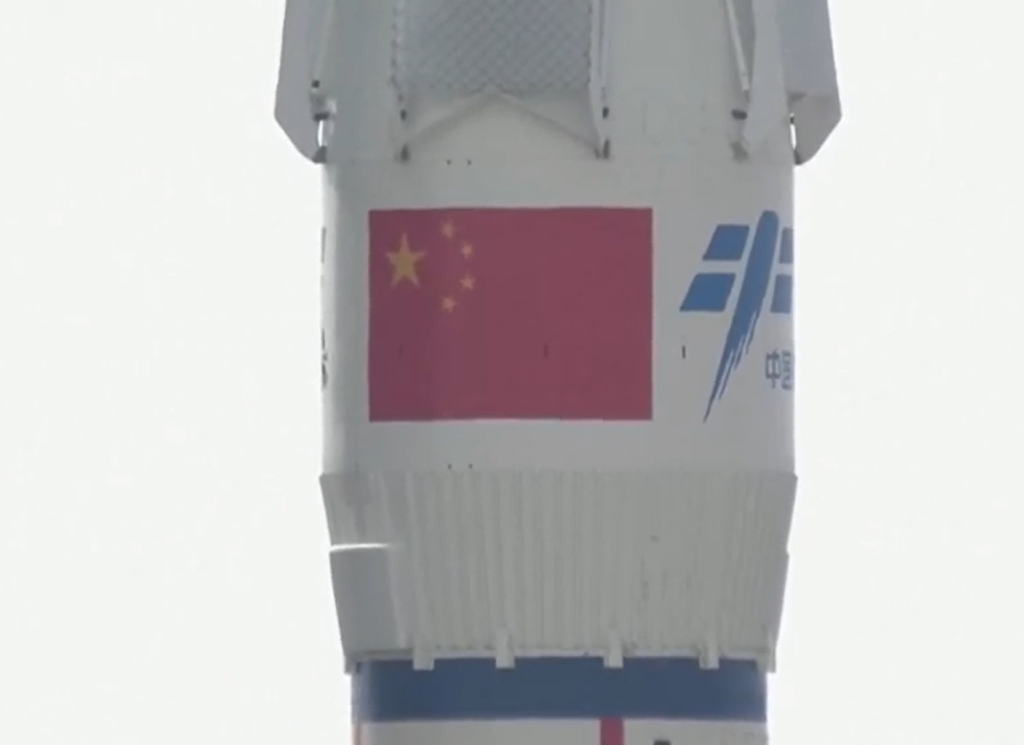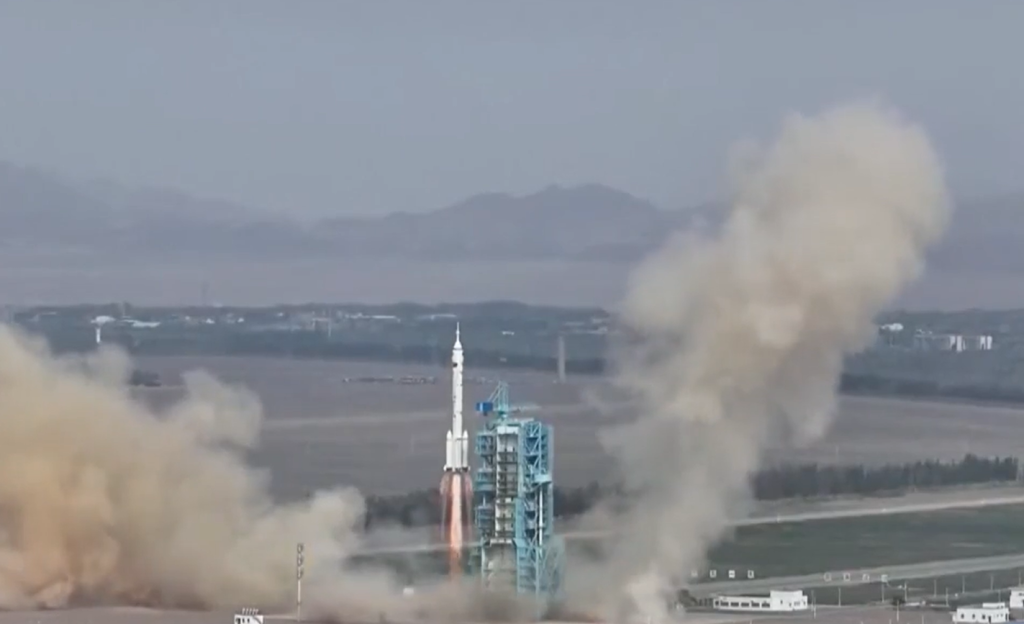China launched a new three-person crew for its orbiting space station. On Tuesday morning, the Shenzhou 16 spacecraft embarked on its journey from the Jiuquan launch center situated on the outskirts of the Gobi Desert in northwestern China. Aboard a Long March 2-F rocket, the spacecraft initiated its ascent, marking another significant milestone in China’s space exploration endeavors.

Just a day after unveiling its intention to land astronauts on the moon before 2030, China has ignited a new realm of competition with the United States, further intensifying the rivalry between the two nations in the field of space exploration. The newly launched crew, which includes China’s first civilian astronaut, will have a brief period of overlap with the three astronauts currently aboard the Tiangong station. After completing their six-month mission, the existing crew will then return to Earth.

Jing Haipeng, the commander of the mission, along with rookies Zhu Yangzhu and Gui Haichao, both representing the third astronaut selection group, are embarking on a six-month journey aboard the Tiangong space station. Jing Haipeng brings extensive experience from previous missions (Shenzhou 7, 9, and 11), while Zhu Yangzhu and Gui Haichao are venturing into space for the first time. Zhu, a spaceflight engineer, was chosen for China’s third batch of astronauts in 2020, and Gui will make history as China’s first payload specialist to fly to Tiangong.
During a news conference at the Jiuquan Satellite Launch Center in northwestern China, Lin, Xiqiang, deputy director of the China Manned Space Agency, outlined the overarching objectives of China’s space program. These goals include achieving the first manned landing on the moon before 2030, conducting scientific exploration and technological demonstrations on the lunar surface, establishing a crew commuting and short-term stay system, and advancing key technologies such as human-robot integration testing.

He further stated that Chinese astronauts will conduct various activities on the moon, including walking on its surface, gathering samples in the vicinity of the landing site, and conducting in situ research. These missions will serve as a stepping stone for China’s manned expeditions, transitioning from low Earth orbit to deep space exploration. Lin emphasized that these endeavors will contribute to expanding humanity’s understanding of the moon’s origin, evolution, and the solar system as a whole.
China took the initiative to construct its own space station after being excluded from the International Space Station primarily due to concerns over its close association with the People’s Liberation Army. China achieved a significant milestone by becoming the third country, following the former Soviet Union and the United States, to independently launch a manned space mission.
Related:
- Japan to Lead the Space-based Solar Power Race, Research in Full Swing
James Webb Space Telescope Detects Water around a Main-belt Comet - Space Travel Just Got Easier: SpaceX is Setting Up a Commercial Space Station
(via)






